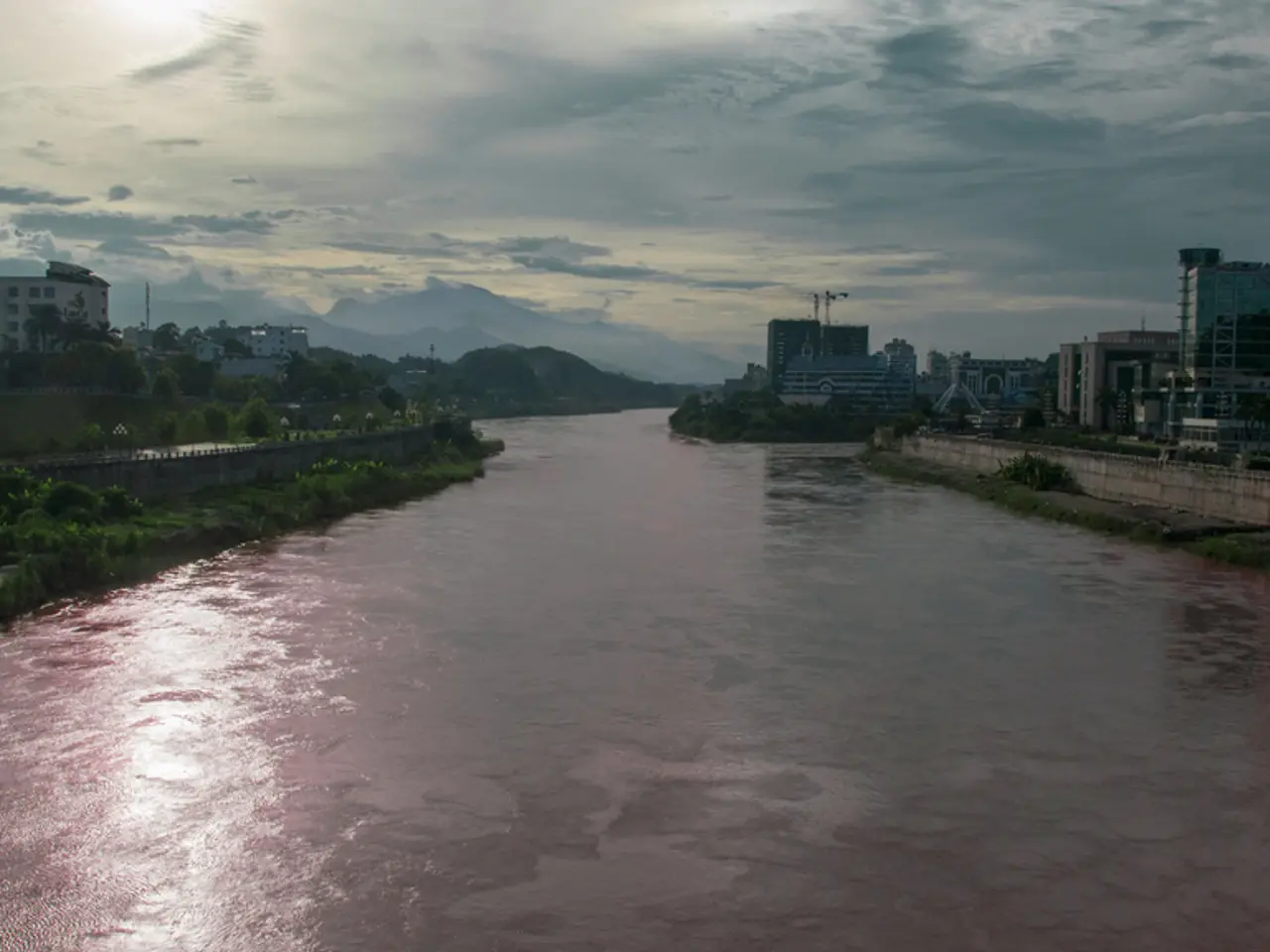Climate Change and Pharmaceutical Residues Threaten Ruhr River's Fish
The Ruhr River is facing new challenges due to climate change. Rising temperatures are impacting local fish populations, while residues of pharmaceuticals remain a concern despite improvements in wastewater treatment.
Over the past three decades, the Ruhr's average temperature has risen by nearly 2 degrees Celsius. This increase is affecting the fish that call the river home. Meanwhile, efforts to tackle pharmaceutical residues have been underway. Operators of wastewater treatment plants along the Ruhr, such as municipal utilities and water associations, have implemented advanced processes like ozonation and activated carbon filtration. These measures aim to reduce pharmaceutical residues, particularly painkillers, which the Ruhr Association remains concerned about. Additionally, improvements in wastewater treatment have led to a reduction in nutrient entry, especially from agriculture, into the river.
The Ruhr River's ecosystem is under pressure from climate change and pharmaceutical residues. While efforts to improve wastewater treatment have shown progress, further action is needed to protect the river's fish populations and ensure clean water for all.







